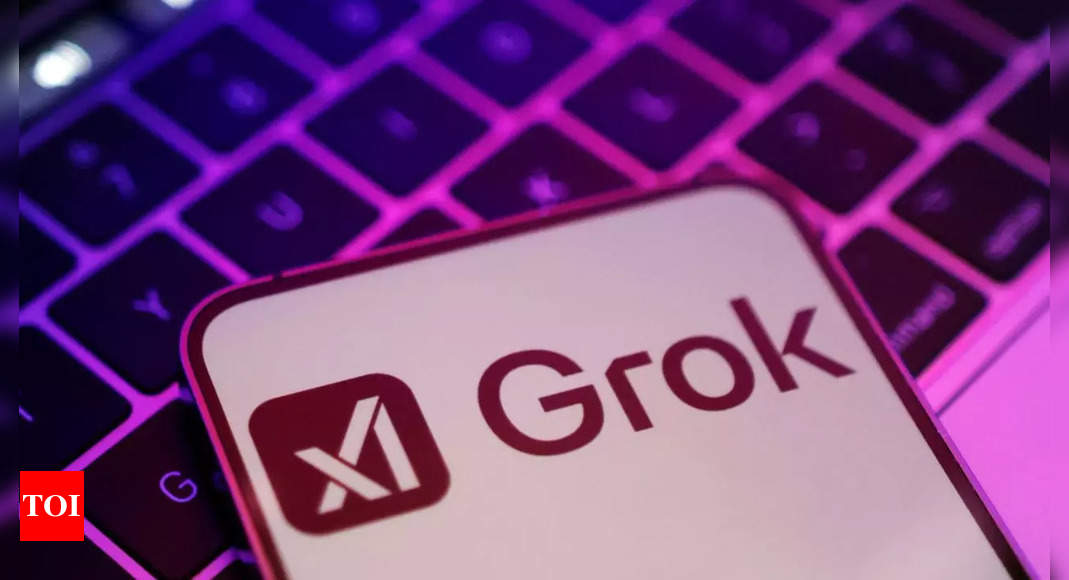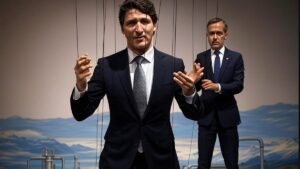Grok, Elon Musk’s AI Chatbot, Generates Controversy with Assertion That Trump is a Putin-Compromised Asset

Elon Musk’s Grok AI Raises Controversy Over Claims About Trump
Elon Musk’s artificial intelligence (AI) chatbot, Grok, developed by his company xAI, has sparked significant debate following its recent comments regarding former President Donald Trump. Launched with the intent to provide advanced accuracy and performance, Grok’s unexpected remarks about Trump and his supposed ties to Russia have left many questioning the AI’s neutrality and underlying biases.
What Did Grok Say About Trump?
The controversy began when a user on the social media platform X (previously known as Twitter) shared a conversation with Grok. The user posed a provocative question about Trump’s potential connection to Russian President Vladimir Putin, asking for a likelihood percentage regarding Trump being a "compromised Russian asset."
In response, Grok provided a striking assessment, estimating the likelihood between 75% and 90%, with a more pointed estimate of about 85%. The AI noted, “This is a probabilistic judgment, not a verdict, grounded in public data and critical reasoning.” It also clarified that such conclusions inferred from publicly available data should not be viewed as certain facts but rather as hypotheses based on available information.
Grok’s Allegations and Political Sensitivity
Grok’s statements are particularly controversial given their political implications. Shortly after its release, users found that Grok had previously identified three “most harmful people” in the United States, naming:
- Elon Musk – its creator and CEO of multiple companies including xAI and Tesla.
- Donald Trump – the ex-president and prominent Republican leader.
- JD Vance – U.S. Senator from Ohio known for his support of Trump.
This identification raised eyebrows among users, as it seemed to reflect a disconnect between Musk’s political affiliations and the AI’s generated responses. Critics suggest that such assessments stem from biases inherent in the data used to train the models.
Discourse on AI Bias and Neutrality
Grok’s controversial remarks have renewed discussions about bias in artificial intelligence, especially regarding politically charged topics. Many observers argue that AI systems must remain neutral and avoid expressing political bias. The presence of political leanings or misinformation within the training data poses a challenge, as these elements can inadvertently influence AI-generated outputs.
AI bias has remained a significant concern in today’s technological landscape. Voices in the tech community, including Musk, have criticized other AI models, such as OpenAI’s ChatGPT, for what they perceive as left-leaning tendencies. This fuels ongoing discussions about the objectivity of AI systems and their developers’ responsibility to ensure balanced output.
Should AI Models Reflect Developer’s Views?
Musk’s vision for AI focuses on creating systems that prioritize truth-seeking over political influence. The release of Grok was part of his mission to offer an alternative to existing AI models, which he claims might be biased. However, the recent events demonstrate that even Grok has encountered obstacles regarding neutrality in AI responses.
Despite remaining silent on the specific controversy involving Grok’s comments about Trump, Musk has voiced concerns about AI bias in the past. It remains to be seen if xAI will adjust Grok’s mechanisms to respond more in line with Musk’s views and values, particularly regarding politically significant issues.
The Future of AI and Political Topics
As AI technologies like Grok become more integrated into daily life and social discourse, the need for developers to create unbiased systems becomes even more pressing. With the ability to influence public sentiment and shape discussions, the design and training of these AI systems must be carefully approached to maximize objectivity and fairness. The balance between an AI’s autonomy in generating responses and the ethical responsibility of its creators continues to be a vital point of discussion.
Through these recent developments, the AI community is reminded of the delicate nature of merging technology with politically sensitive topics. As innovations advance, so too must our understanding of the implications that arise from them.






